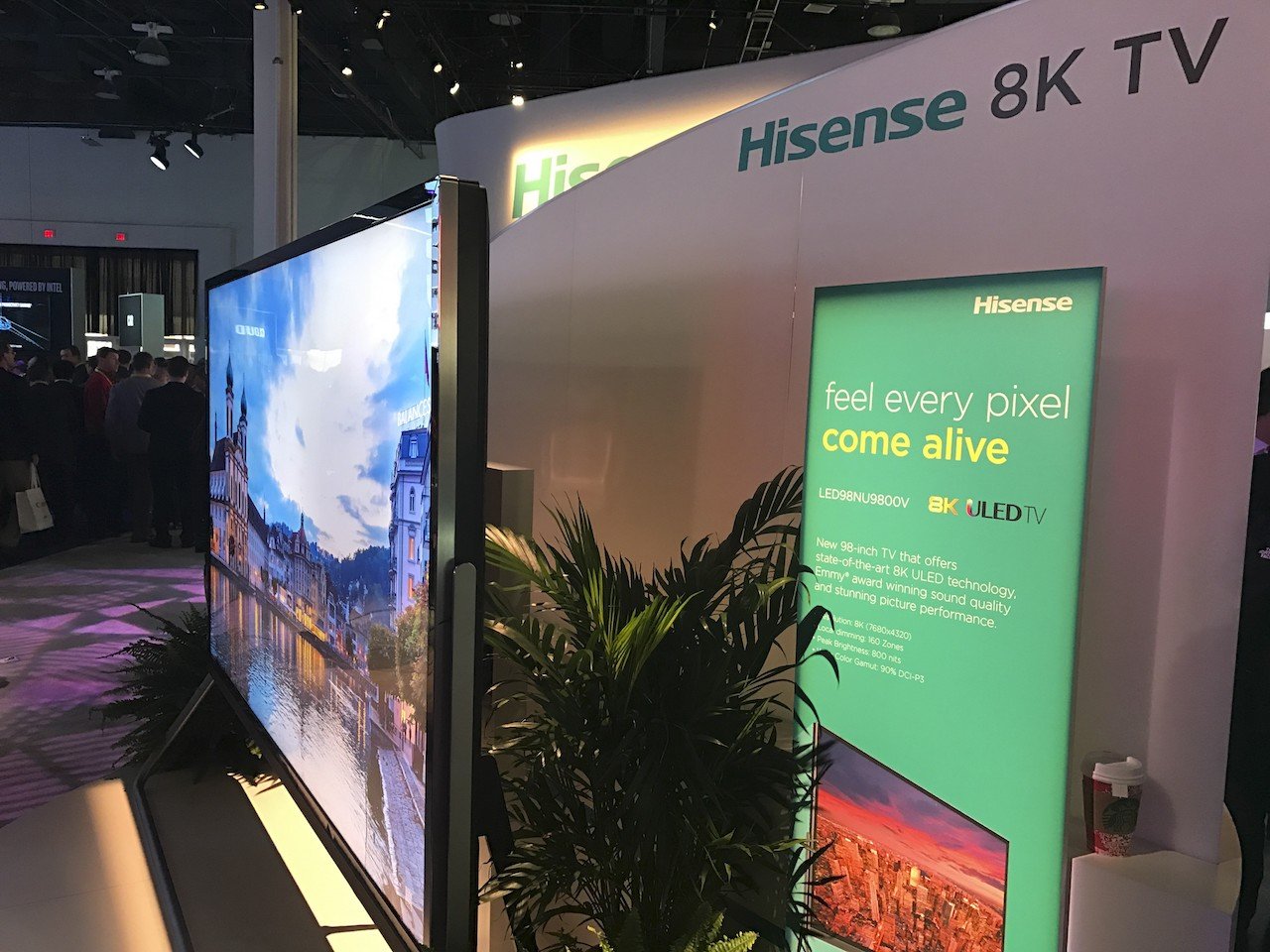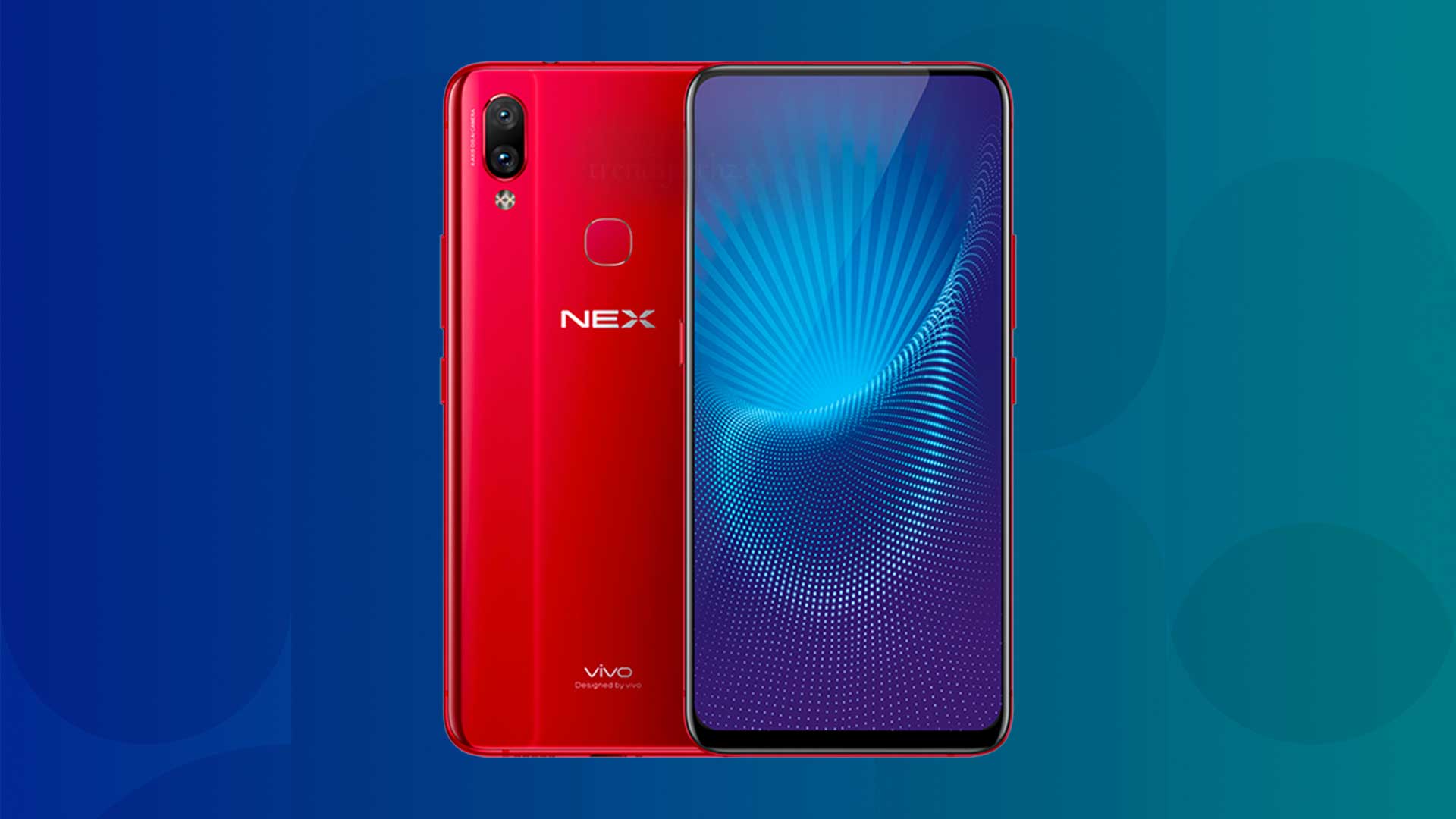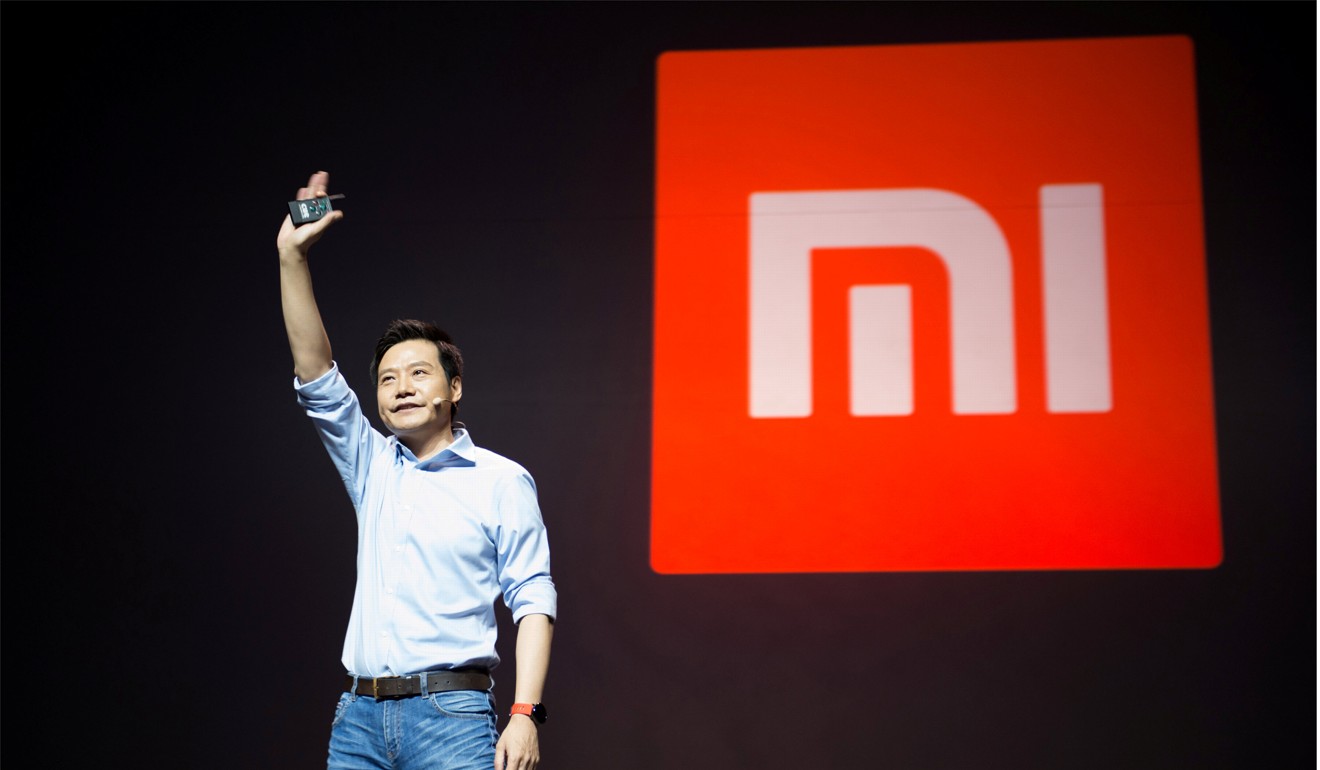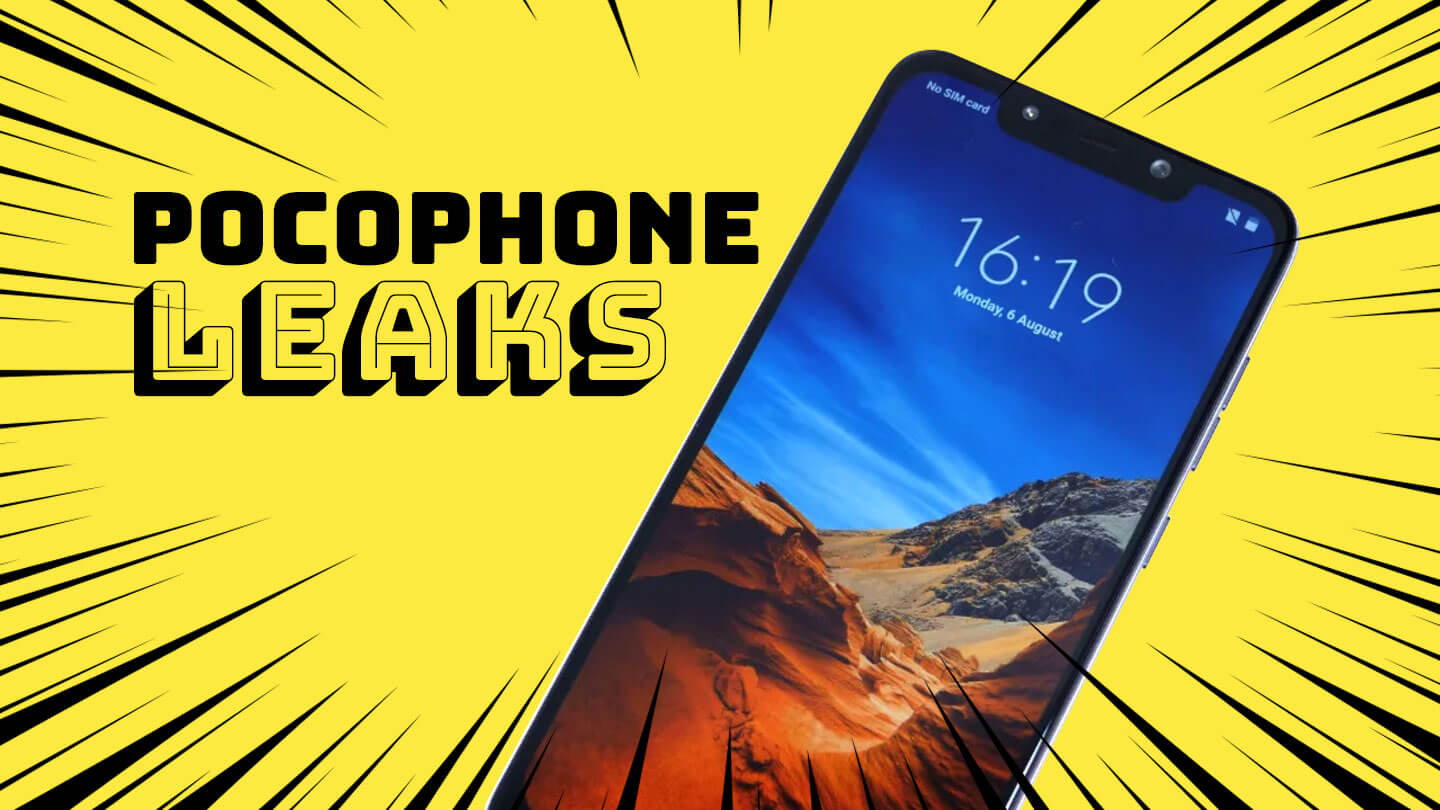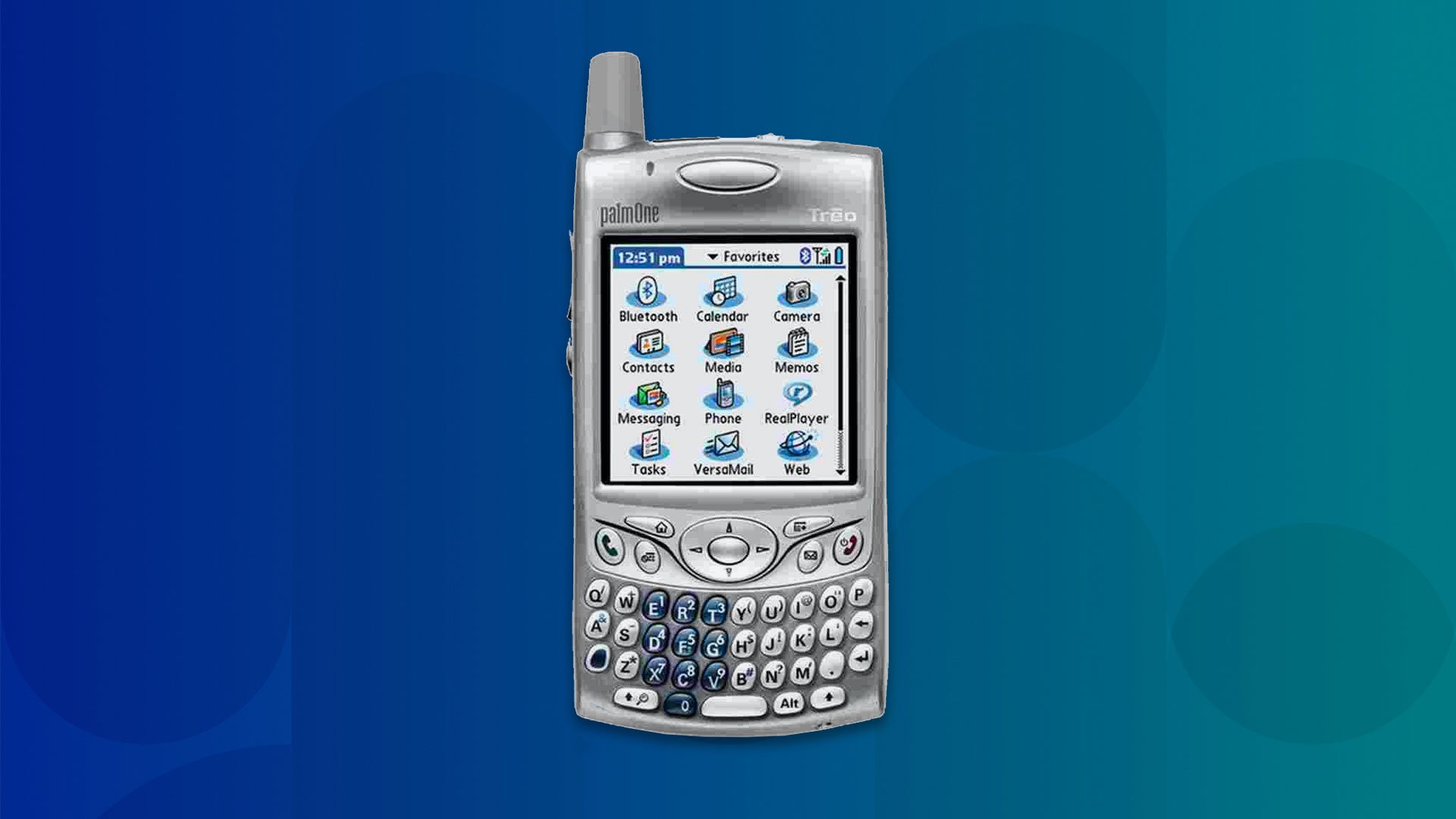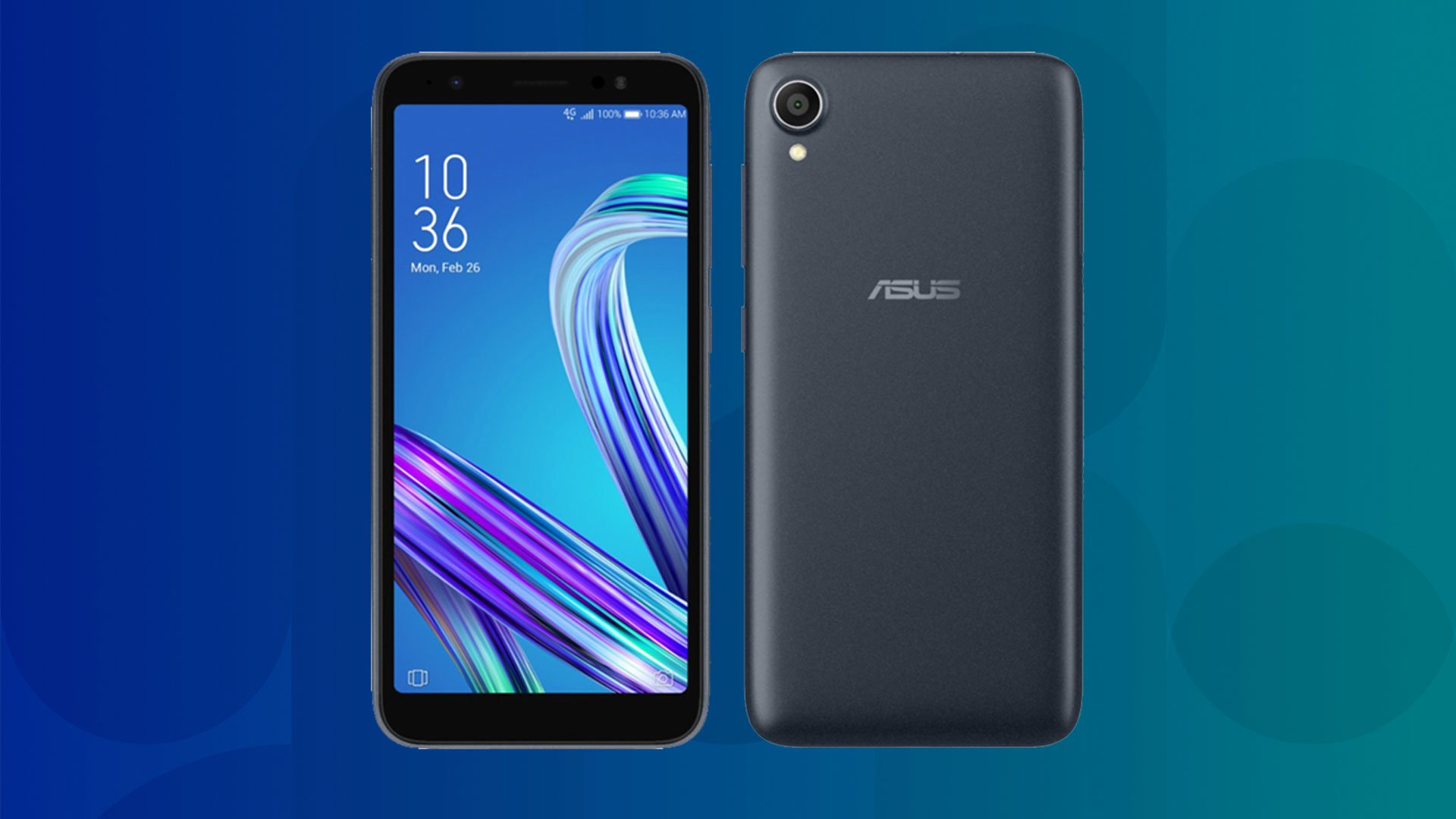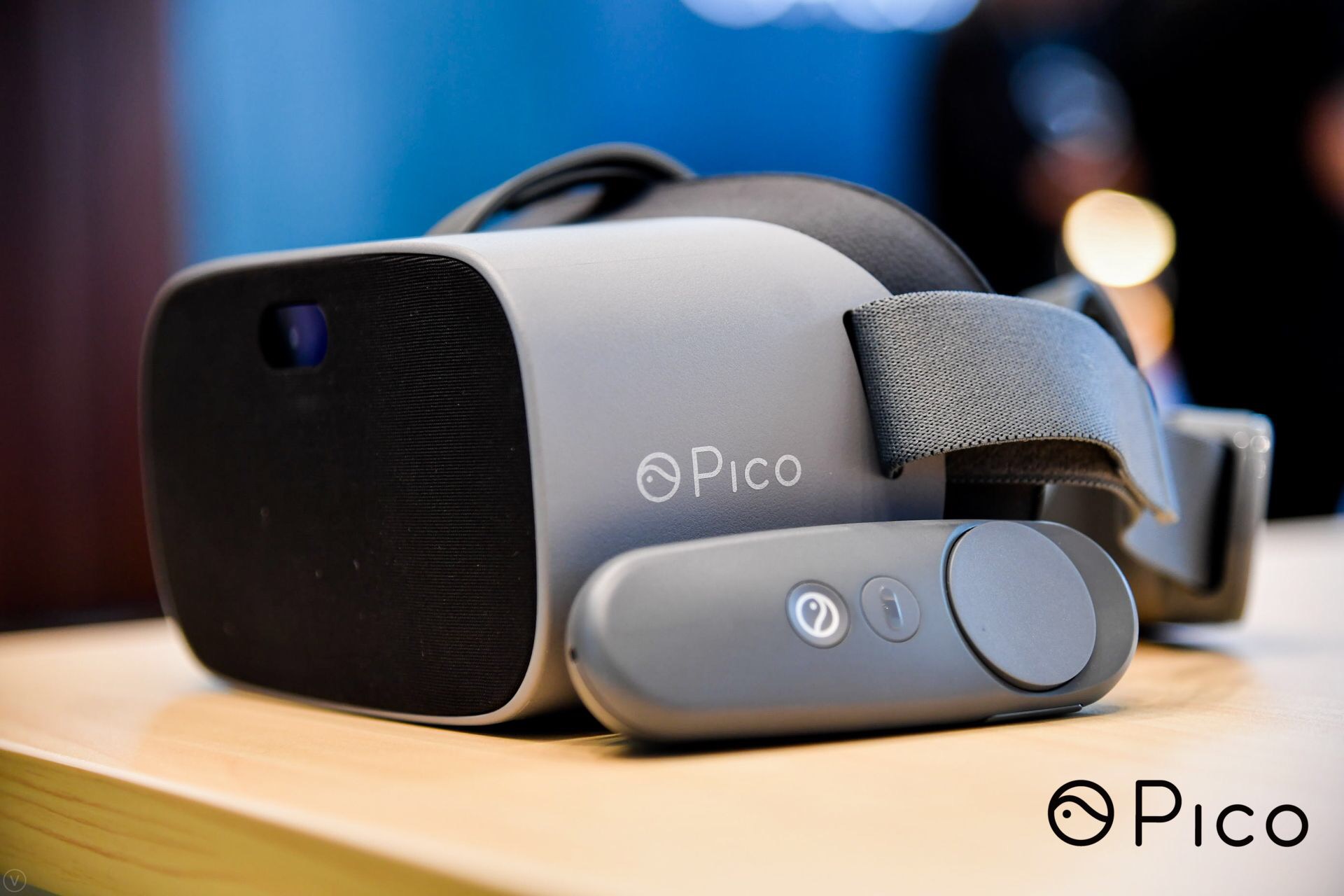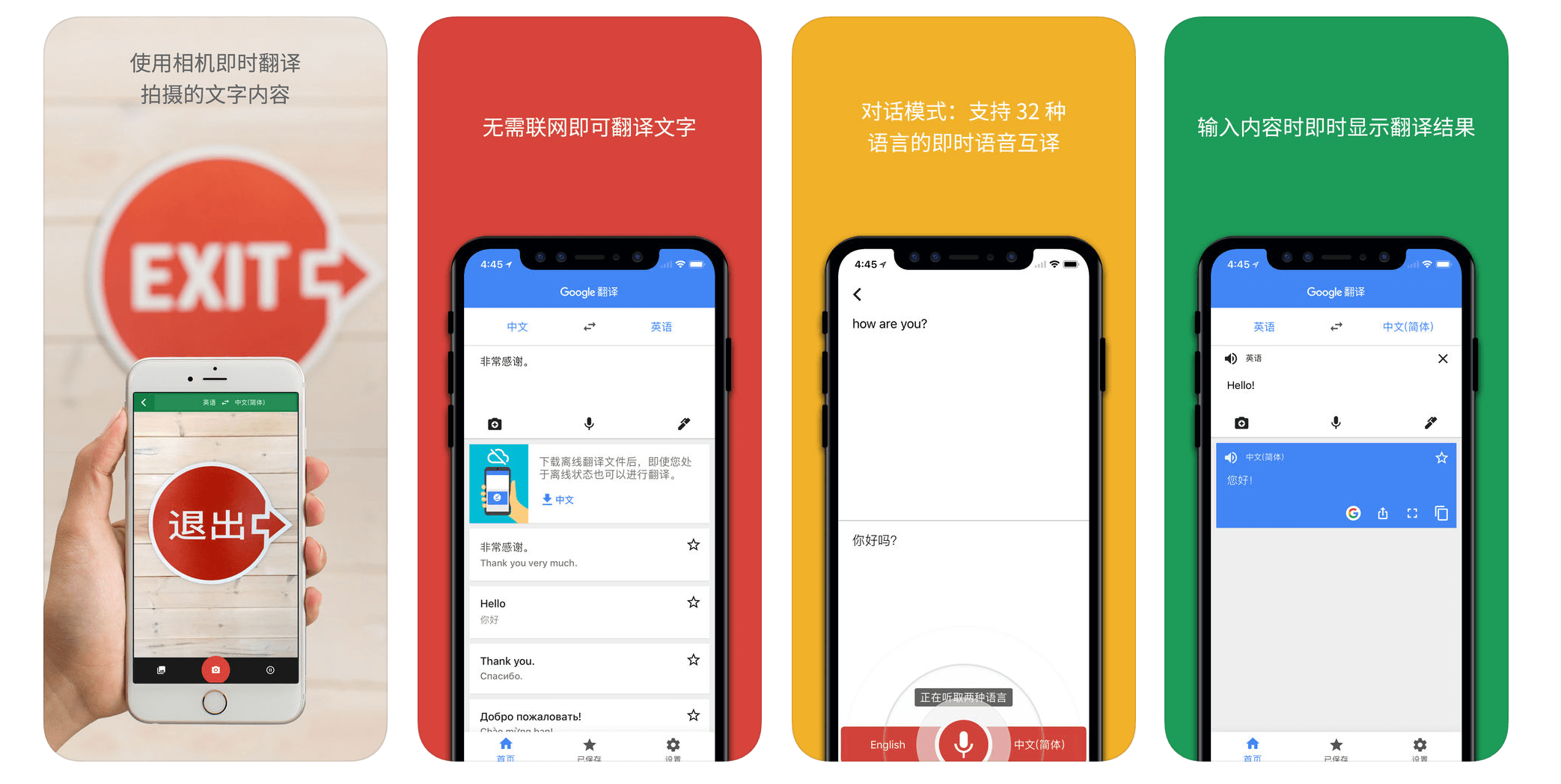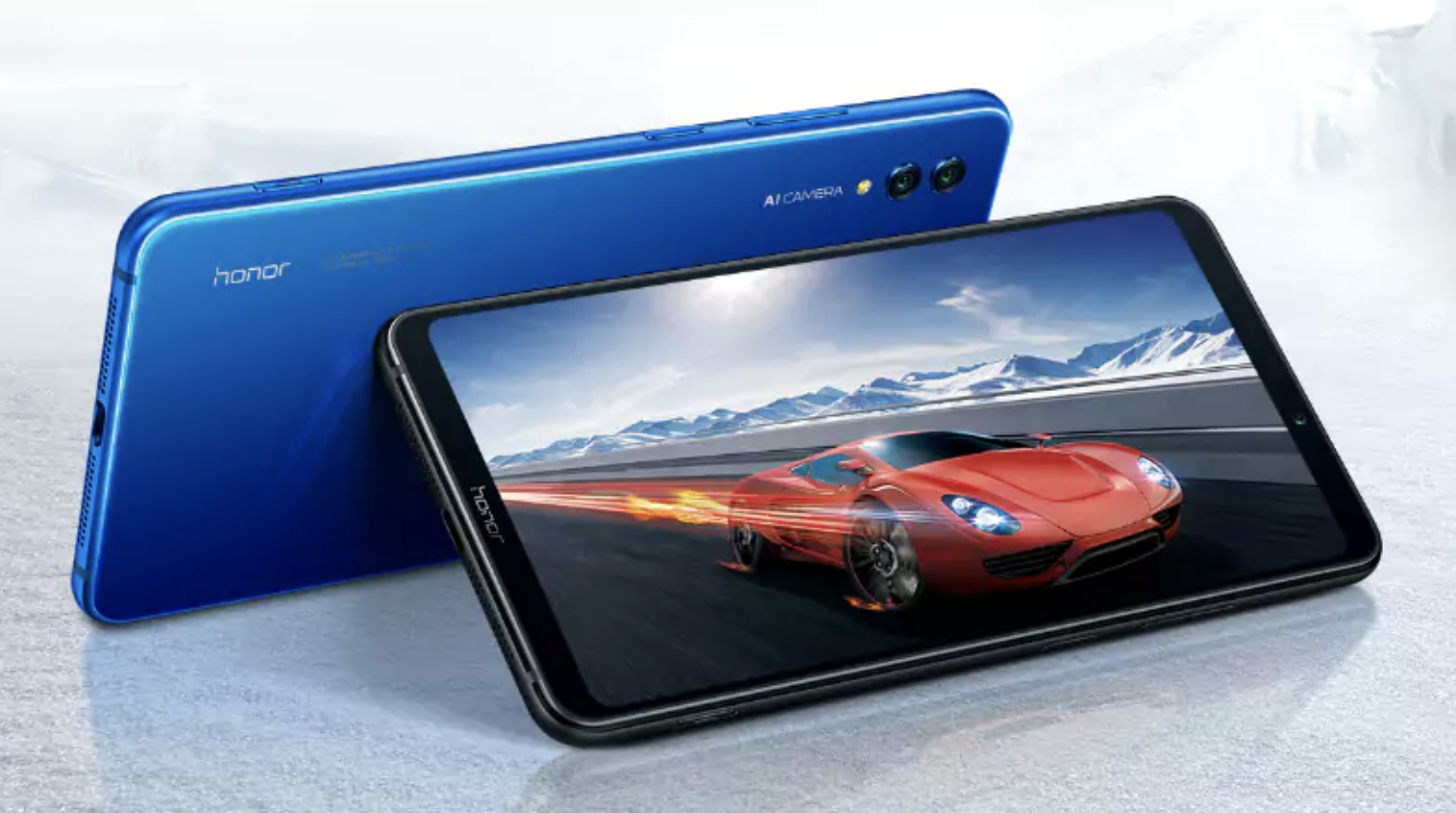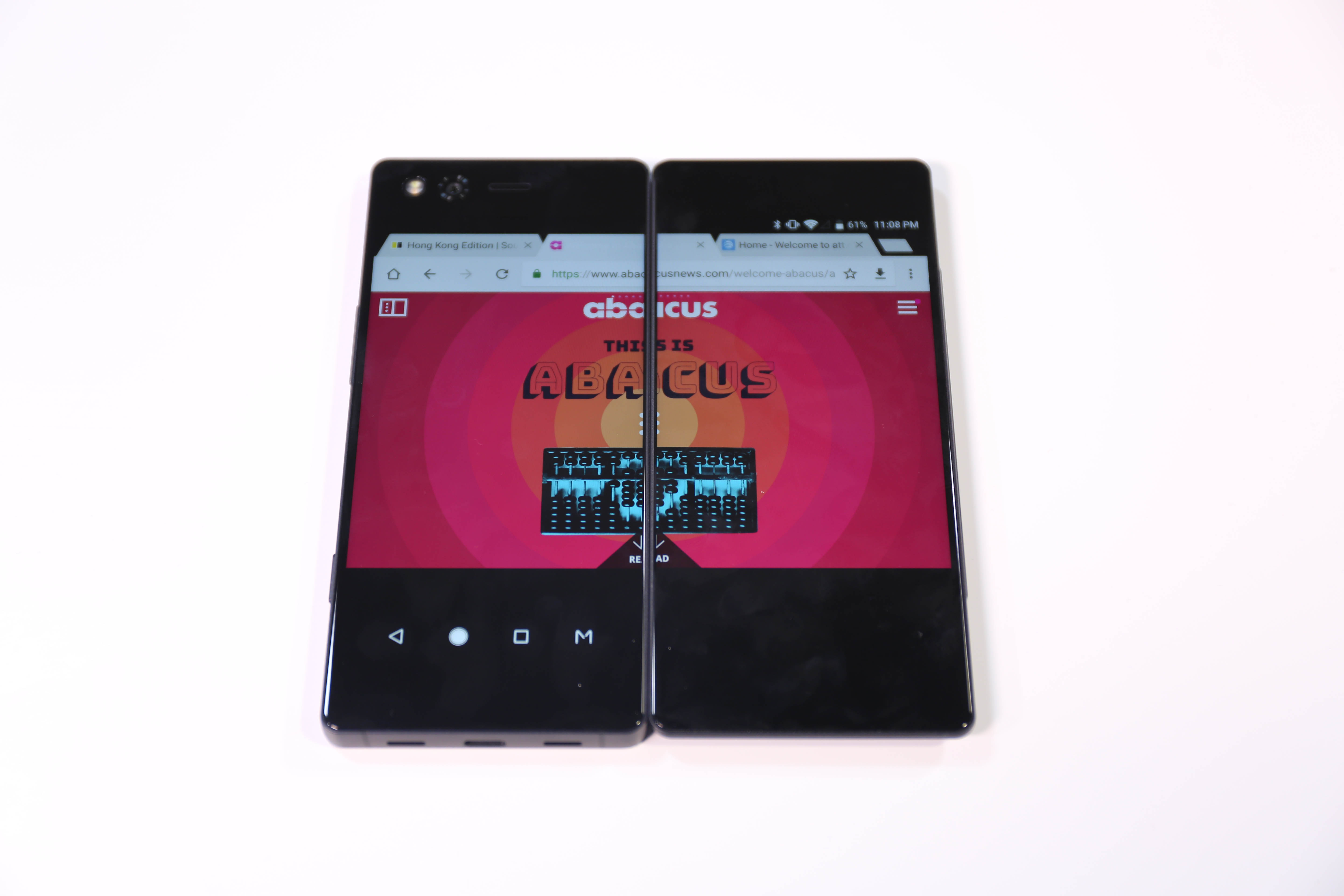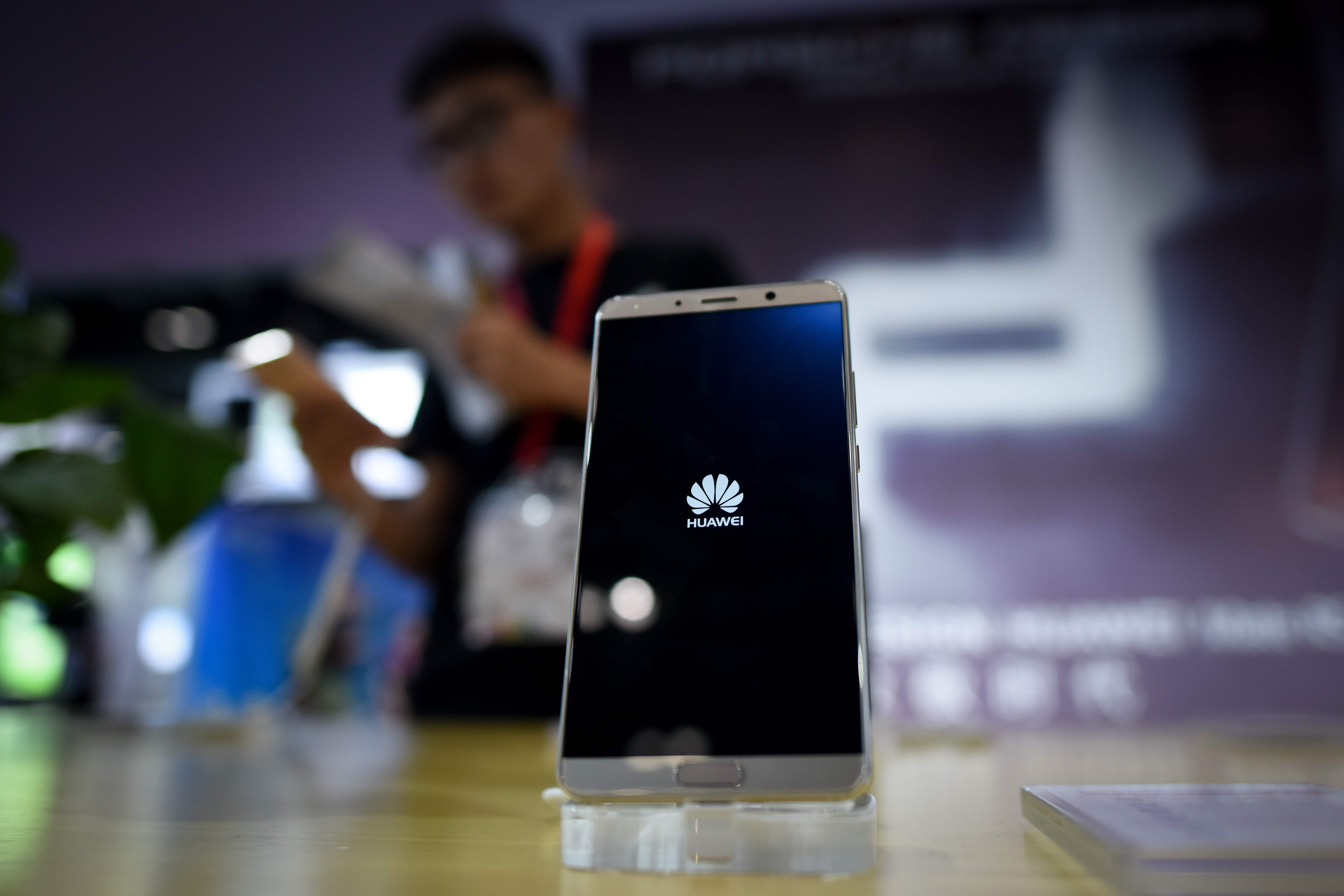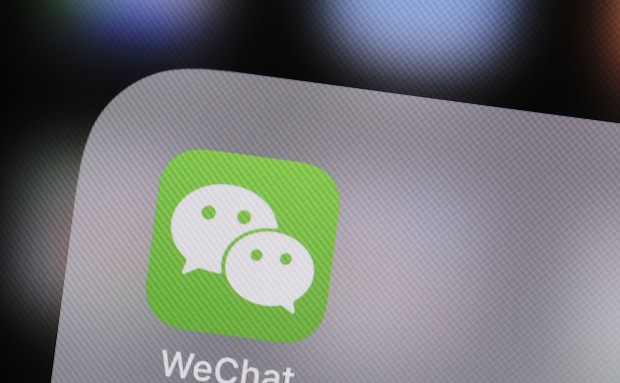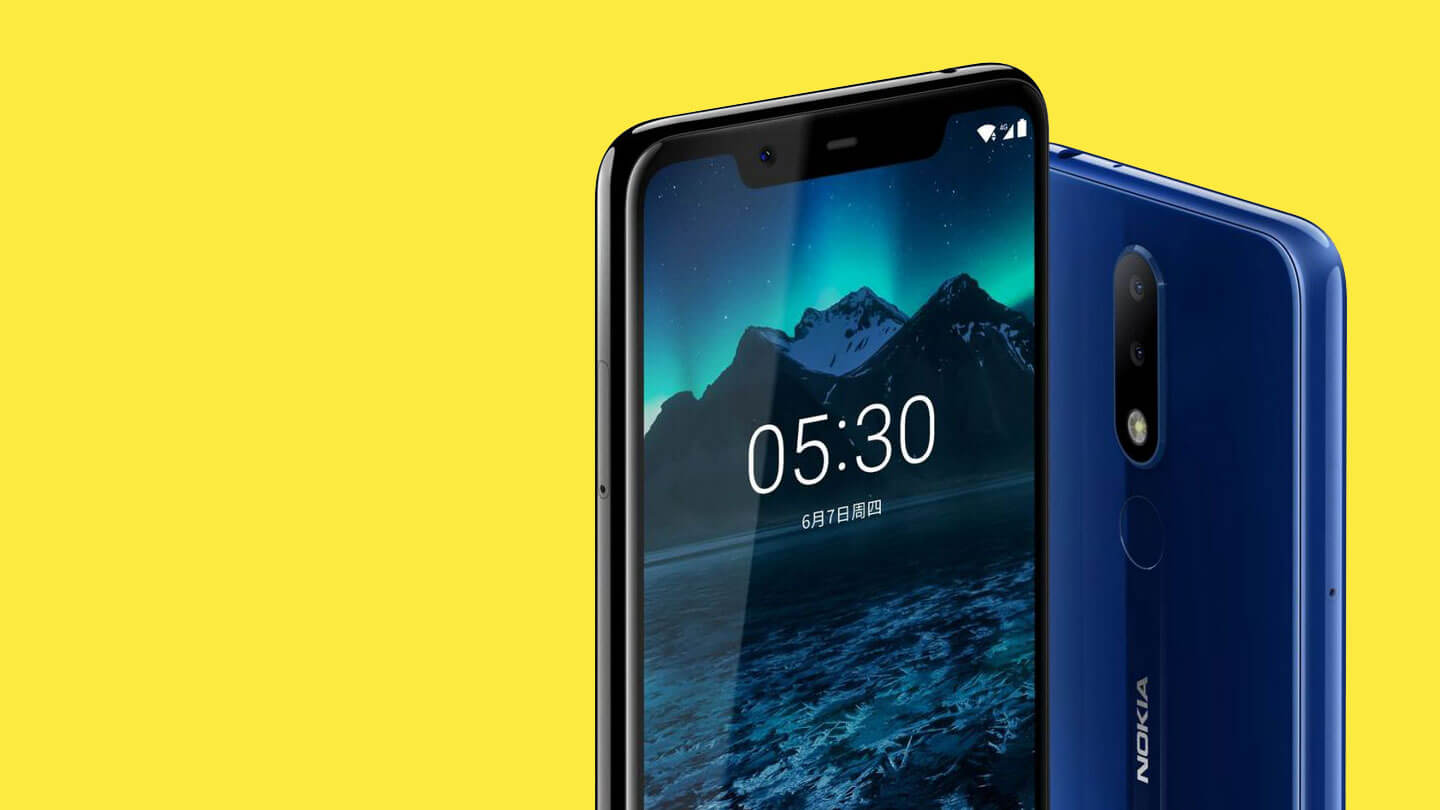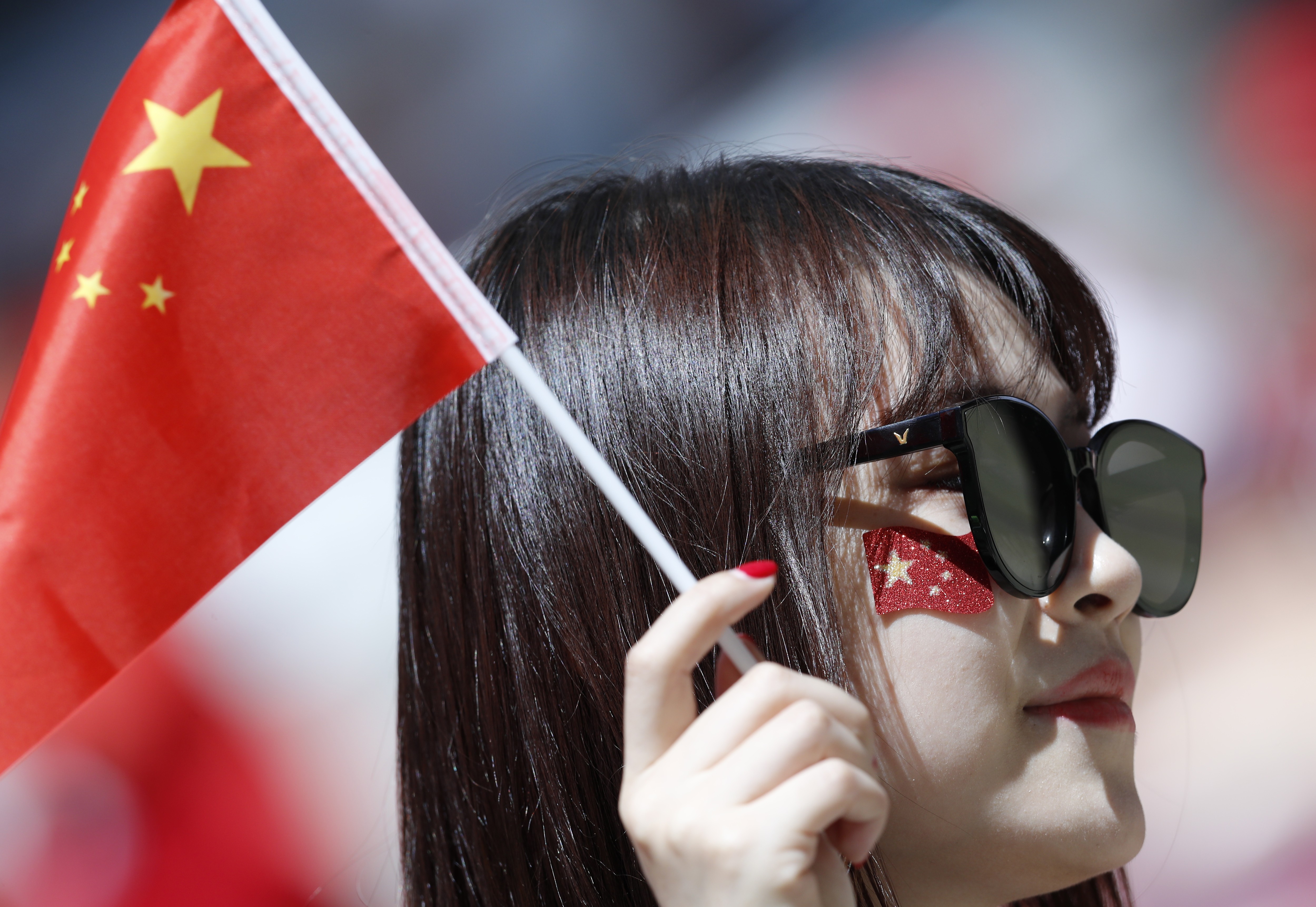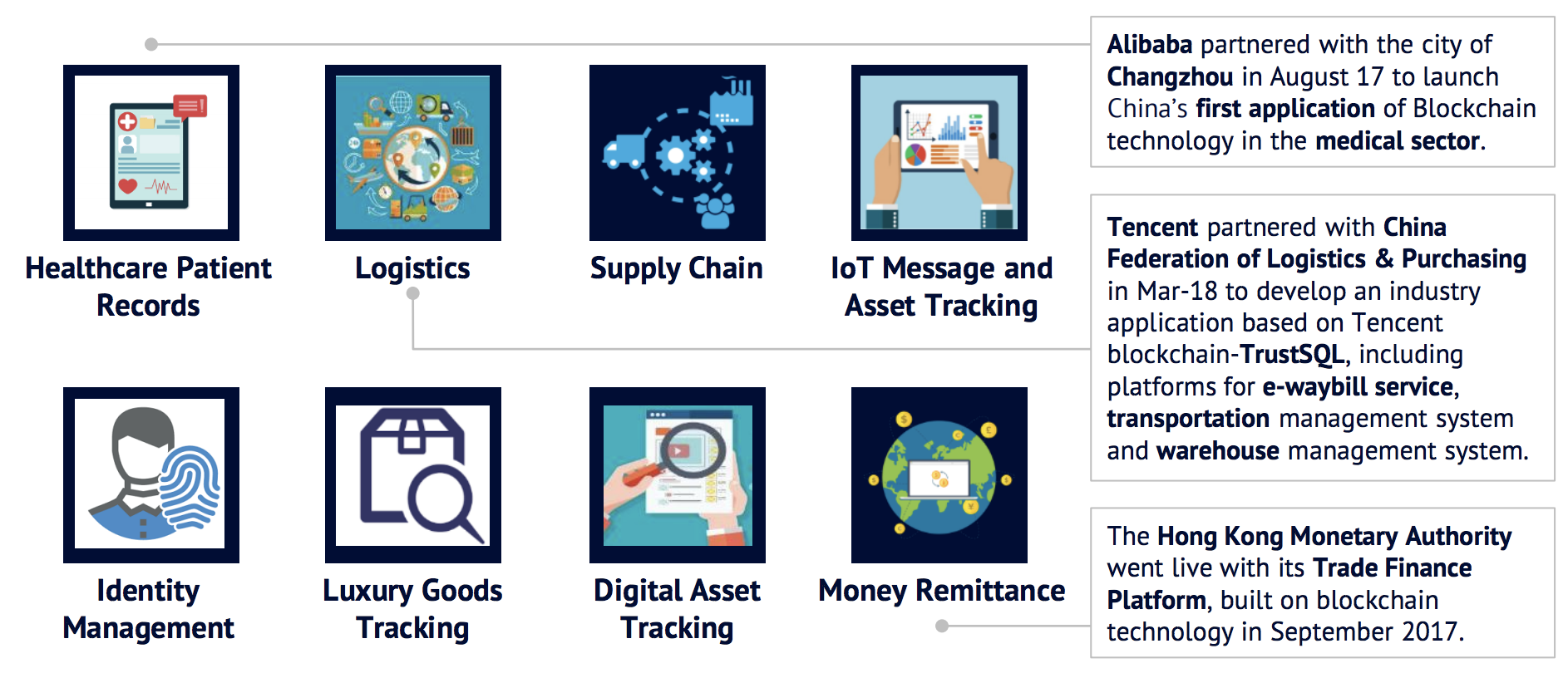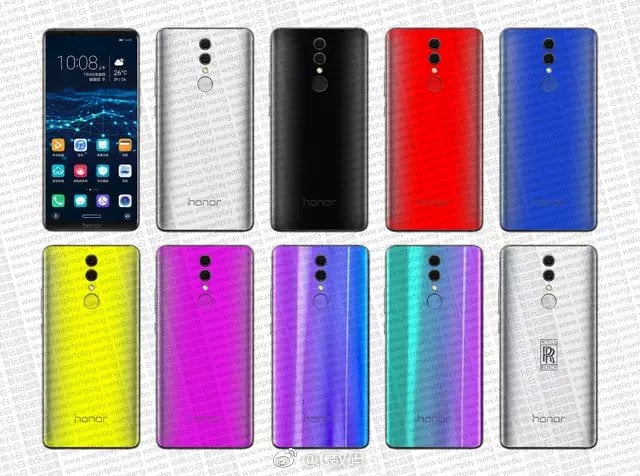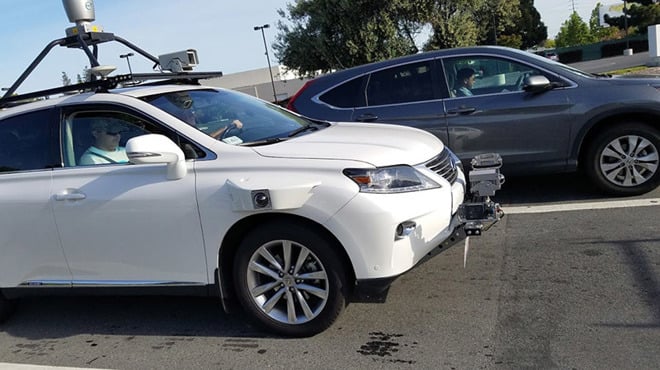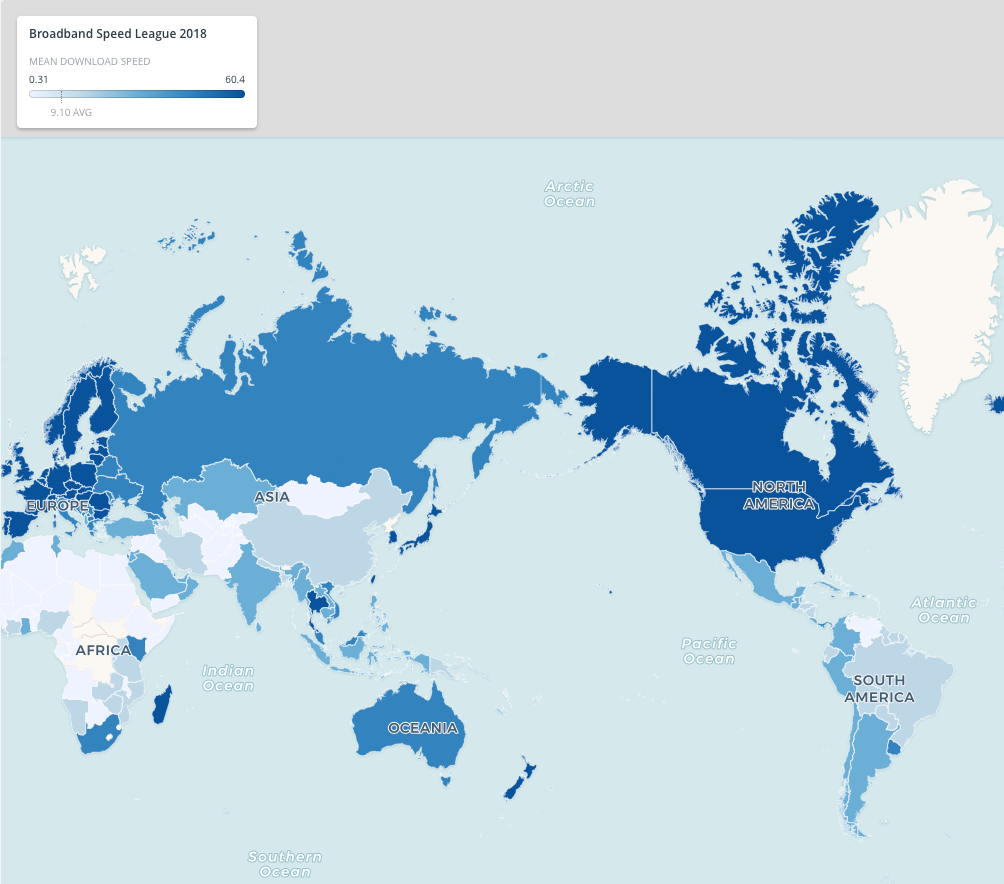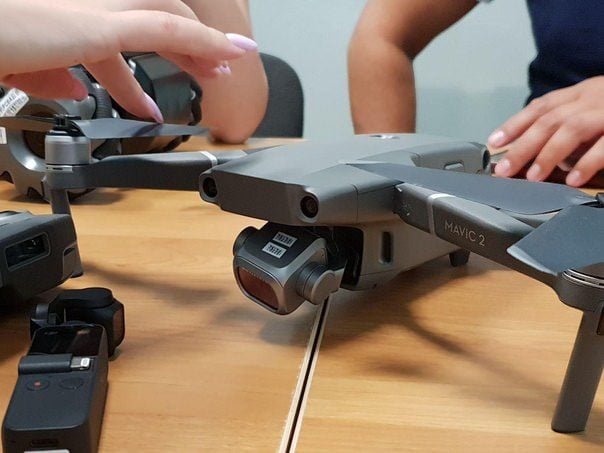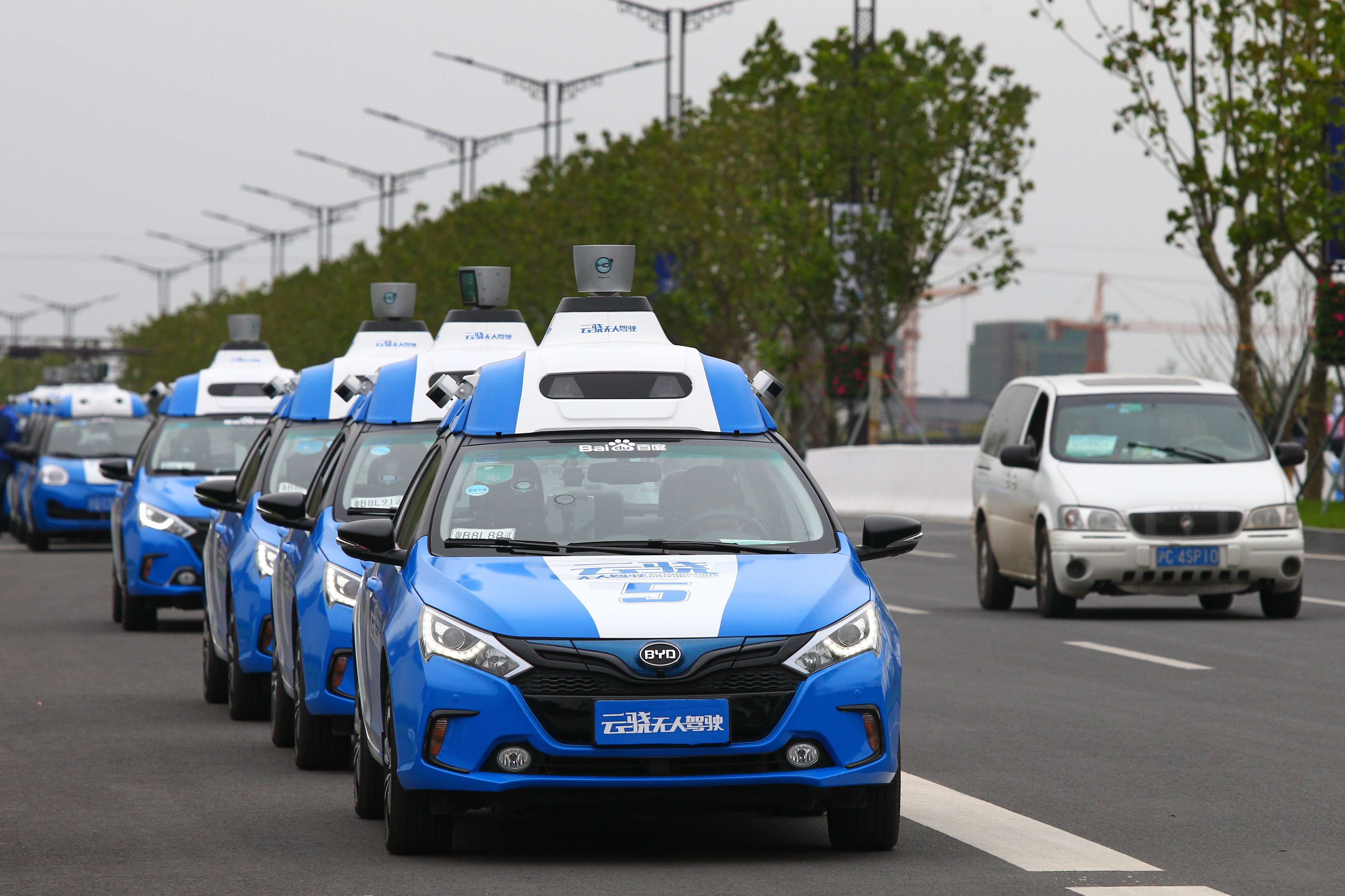Advertisement
Advertisement

Andrew Barclay
Andrew Barclay is a tech reporter with Abacus. A self confessed gadget nerd, he likes writing about the intersection of technology, culture and business. If he's not at the office, he's probably eating ramen. He has previously worked at the Australian Broadcasting Corporation (ABC).
5G is the name of the next-generation wireless technology that promises far faster internet access than 4G. Experts predict it will begin to take off in 2019, enhancing communications among IoT devices.
Based in the eastern Chinese city of Qingdao, Hisense is the world’s third largest TV maker -- trailing behind Samsung and LG. Besides selling its own TVs, the company also holds a major stake in Toshiba’s TV business.
Founded in 2009, Vivo is one of the top smartphone brands in China -- and a sister firm of Oppo. Their most famous handsets include the super-thin X1 and the Nex, which has a pop-up camera.
Founded by Lei Jun in 2010, Xiaomi prides itself on its “ecosystem” strategy -- selling not just smartphones but also a variety of gadgets and household products. It began expanding into western Europe in 2017.
Advertisement
New law also covers Chinese surveillance product suppliers
The only thing we don’t know yet is the official release date
Chinese company TCL acquired the rights to Palm in 2014
More companies are bringing Android Go phones to the US. The latest from Asus has 1GB RAM and 16GB storage -- not bad for a budget smartphone. But what's more surprising is that it also features a face unlock feature in lieu of a fingerprint sensor.
The Goblin 2 will face competition from Facebook and Xiaomi
The company has quietly been testing the waters with different products in China
Bigger is better, according to Huawei's budget brand Honor. Their latest smartphone has a massive 7-inch screen -- larger even than the rumored Plus version of the next iPhone. But what's more impressive is that it also packs the Kirin 970 chipset seen in Huawei's flagship smartphones -- but in a more affordable model.
The company will face stiff competition from Huawei, Samsung and Oppo
Uber has also touted the number of ex-military drivers on its platform
The most expensive thing in smartphone giant’s store is a 25 piece furniture set
Company blames Huawei devices’ “ridiculous” policy of killing background apps
Of course, the cost to doing business in China is that you will likely be doing business on China's terms. Airlines found this out the hard way when authorities objected to their web forms listing Taiwan as a separate country.
Tencent will adapt WebMD content focusing on illnesses more common in China
Chinese censors regularly clamp down on negative news stories
“It can even perform a kamikaze strike,” says one researcher
The X5 will first be launched in China
Streaming giants are cashing in on booming demand
Despite banning crypto exchanges, China wants to be a frontrunner in blockchain technology
Budget brand’s latest handset expected to cost a whopping US$1,500
Mi Max 3 expected to be powered by Qualcomm’s Snapdragon 636
And it's rumored to be heading for the US
Former employee accused of stealing secrets before planned move to Chinese electric car start-up Xiaopeng Motors
China trails developed nations in report covering 200 countries
But the biggest takeaway from the image might be what it doesn’t show
The environmental impact of China’s bike-sharing industry
Despite a continuous stream of announcements from tech giants, experts say truly autonomous vehicles are at least a decade away


